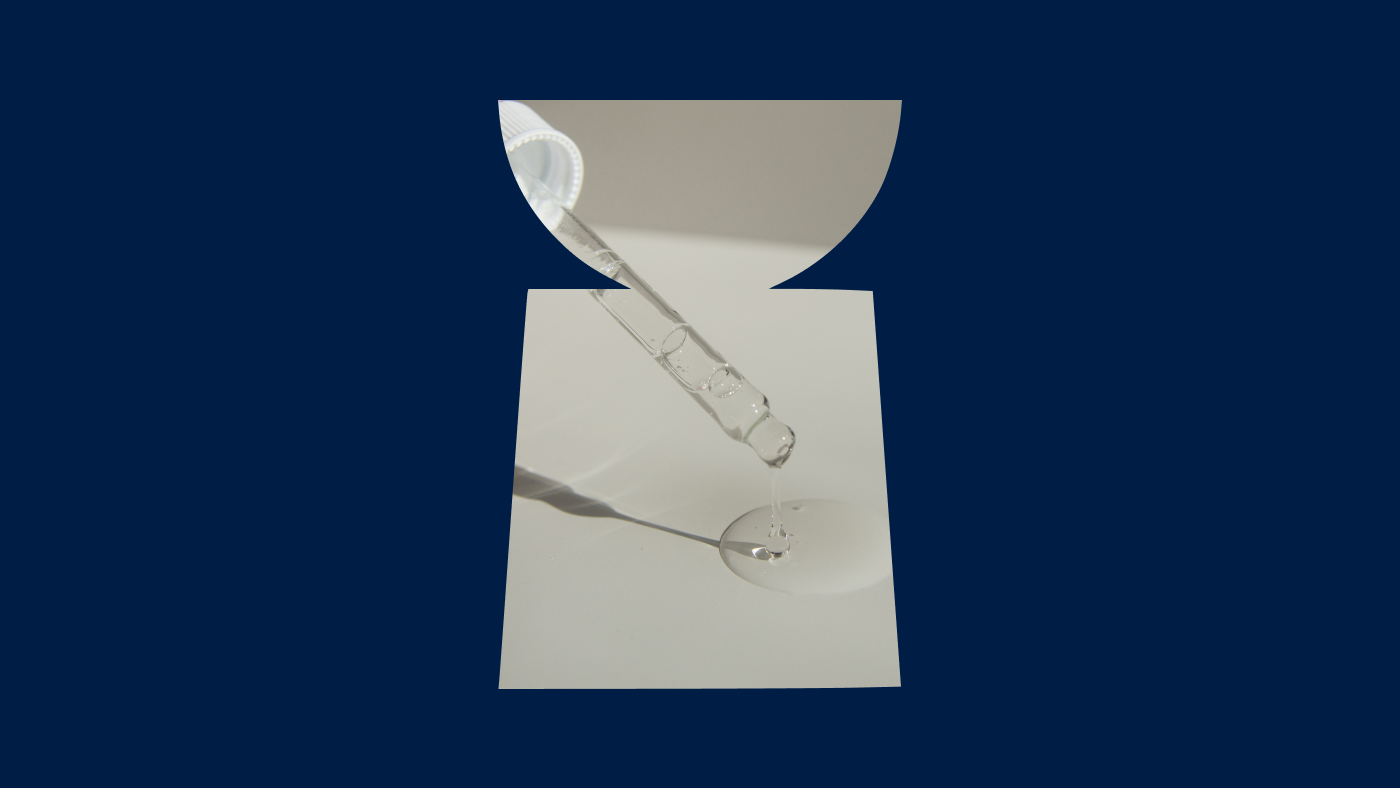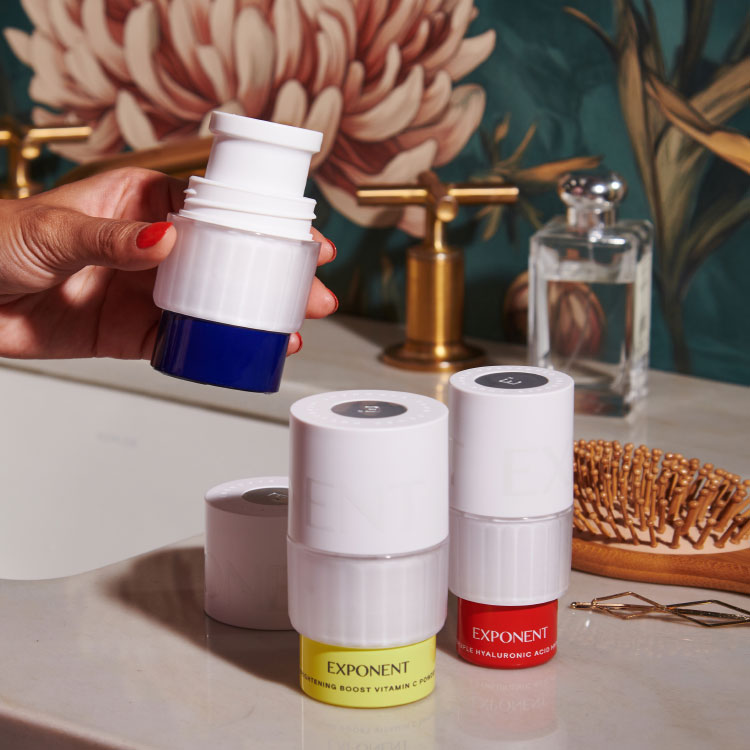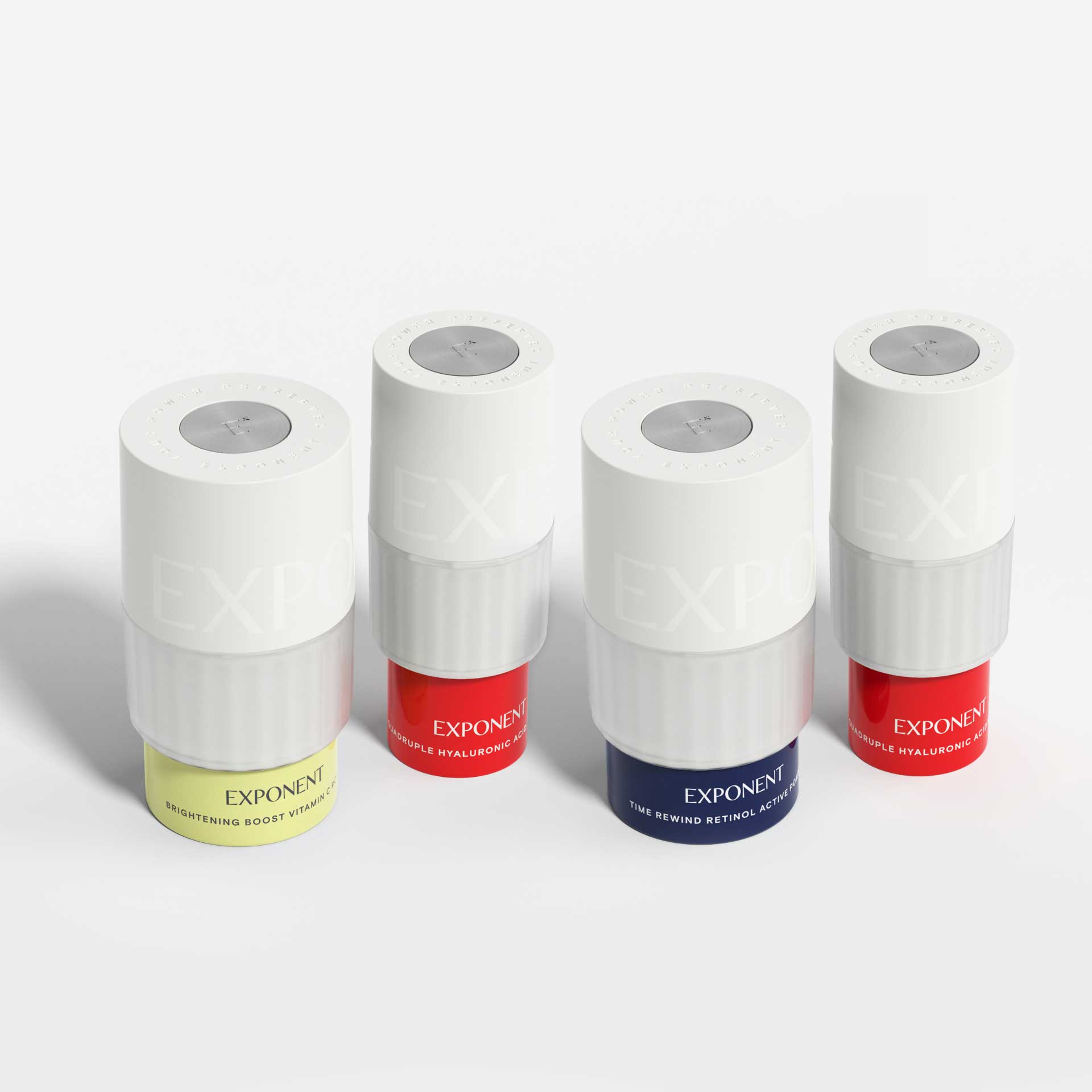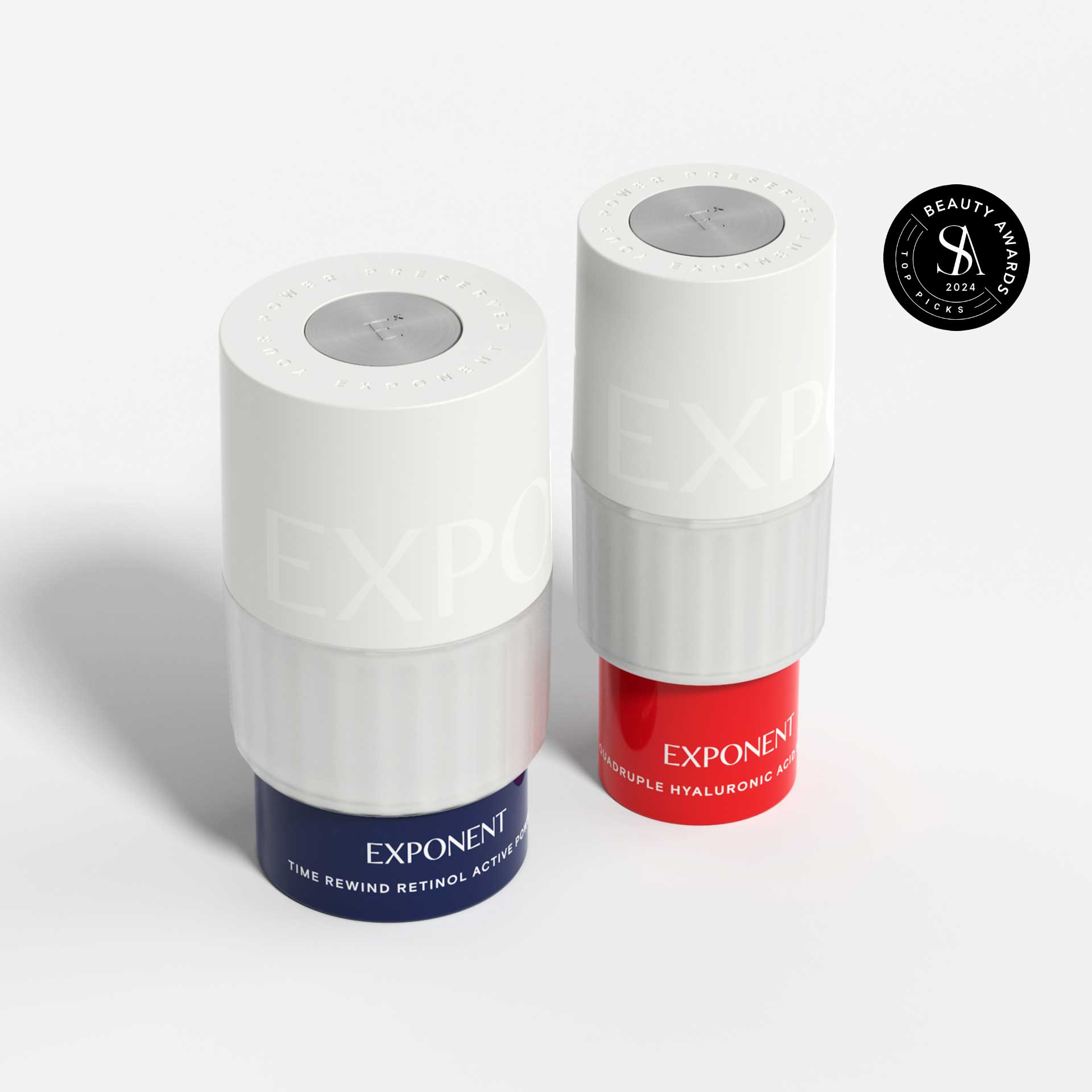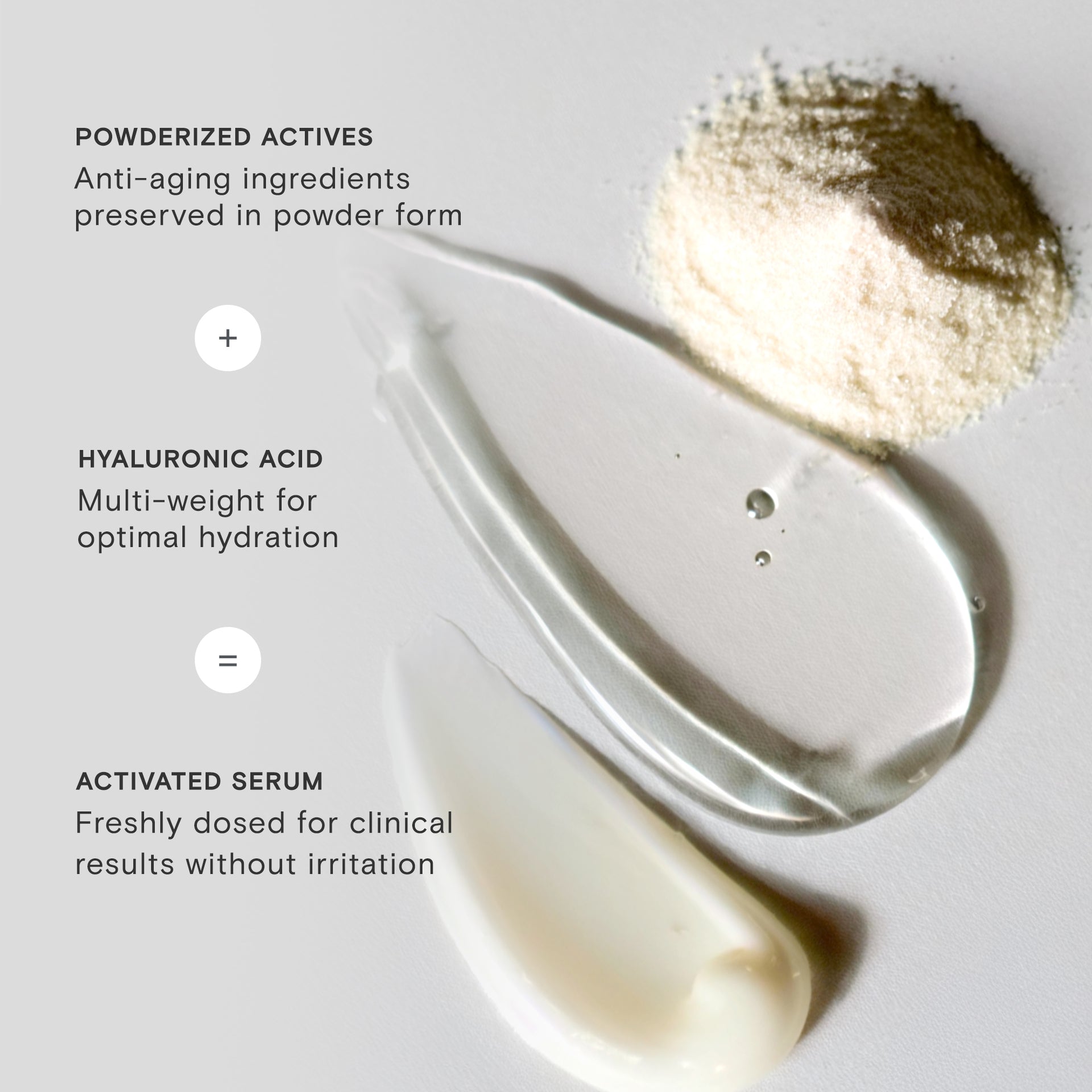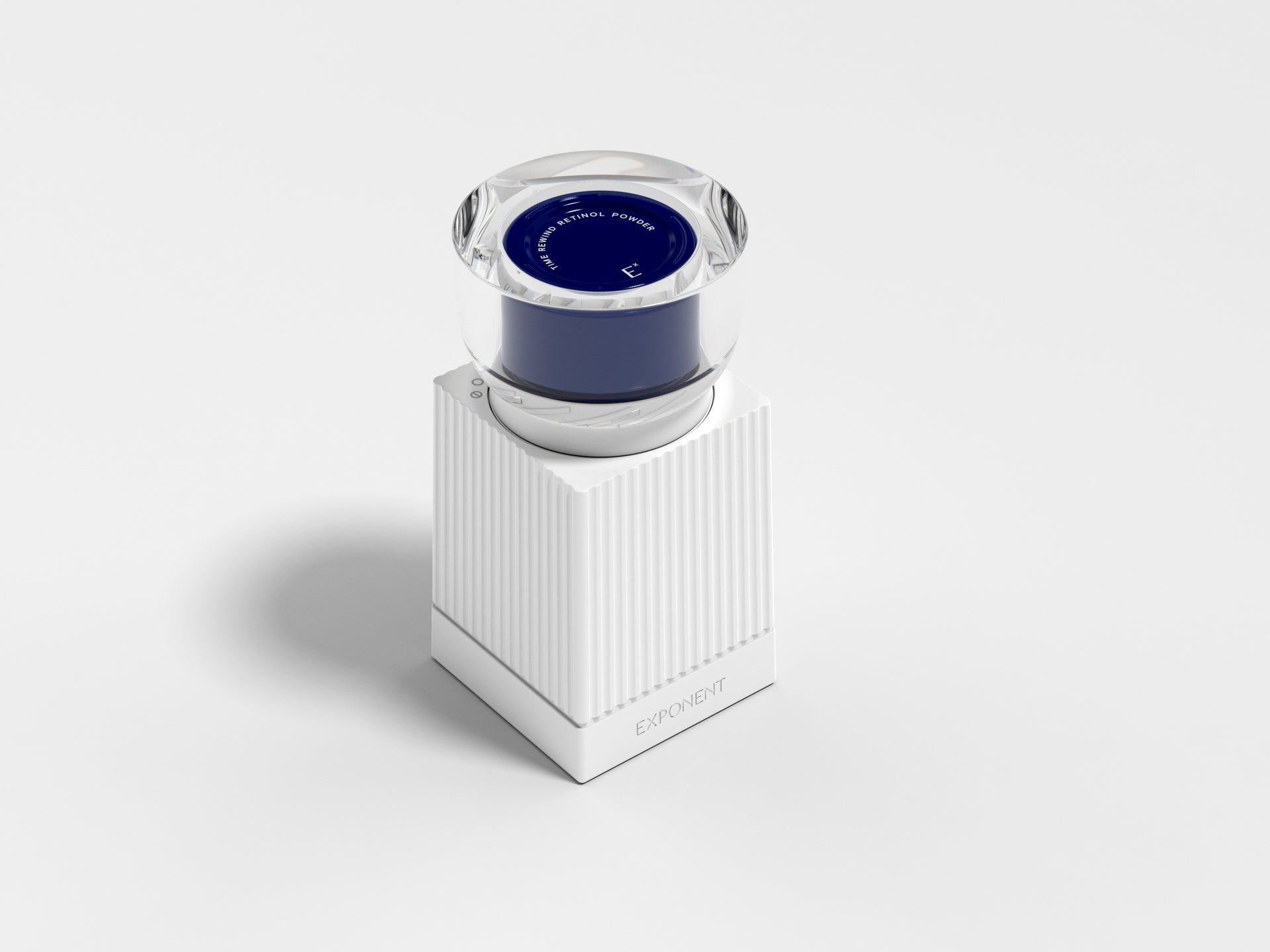Ahh, retinol, the anti-aging powerhouse revered and recommended by skin experts everywhere. With years of research to back up its fame, retinol is a gold-standard ingredient, offering skin-renewing benefits while helping prevent wrinkles, fine lines, dark spots, discolorations, and even breakouts.
But as far as our love for retinol goes, it's not the easiest ingredient to play (some might call it a bit aggressive). Although suitable for most skin types, those with easily reactive skin and first-timers should apply retinol carefully as it may cause dryness and irritation.
What is Retinol?
Retinol is a mighty over-the-counter (OTC) version of a class of compounds called retinoids, derived from vitamin A. Retinoids can have weaker forms that you can purchase over the counter or stronger formulations only a doctor can prescribe.
Retinol works by removing dead cells buildup from the skin's surface, speeding up cell turnover. Once with new healthy cells apparition, you can say hello to an even tone and smoother texture. Due to its small molecules, retinol can go beneath the skin surface, reaching the dermis, where it aids in increasing collagen production and stimulates new blood vessels to produce, reducing the look of fine lines and wrinkles.1
The Retinoid Family
While our focus is retinol, it’s important to note that although it’s a member of the retinoid family, the two terms shouldn’t be used interchangeably. Think of them as cousins, the difference being concentration. For example, Tretinoin (Retin-A) is the strongest prescription level retinoid and, among retinoids, the most potent and best-studied for aging skin treatments, followed by retinaldehyde and retinol — both powerful enough to use without requiring a prescription — and, last, retinyl palmitate, the least-potent OTC retinoid.
Types of Retinoids
-
Tretinoin (also called Retin-A), Adapalene, Tazarotene (also called Tazorac)
-
Retinal (also called Retinaldehyde and Oxidated Retinol), Retinyl Retinoate, Hydroxypinacolone Retinoate (also called Granactive Retinoid)
-
Retinol
-
Retinyl Palmitate, Retinyl Propionate, Retinyl Acetate, Retinyl Linoleate
What Does Retinol Serum Do for Your Face?
Thanks to its ability to speed up cell turnover, a retinol serum for the face helps reduce fine lines and wrinkles, diminish dark spots, smooth and tone, and even boost collagen production, thickening the skin.2 And it doesn't stop there. Retinol is a mainstay for acne sufferers too. It's been shown a million times that topical retinol works for non inflammatory and inflammatory pimples.3
The Benefits of Retinol Serum
- Exfoliates dead cells / encourages cell turnover
- Increases collagen production
- Boosts blood flow
- Unclogs pores & helps reduce breakouts
- Evens skin tone
- Reduces inflammation
- Reduces fine lines and wrinkles
How to Use Retinol Serum
Retinol can mainly be found in serums and creams. For first-timers and those with dry, mature, or sensitive skin types, it's best to use a retinol-infused product with concentrations as low as 0.1% to 0.3%.
Applying Retinol: Layer your retinol serum or cream at night. Not only does retinol break down quickly in sunlight, but it also makes the skin photosensitive. So, to gain most of its benefits, use retinol in your PM skincare routine and apply to cleansed skin, after any oils.
What is the Highest Retinol Skincare You Can Use?
The highest OTC retinol product you can use can contain up to 2.0% retinol. While you might be tempted to use a highly concentrated retinol moisturizer to get faster results, it’s not that simple. A stronger retinol product doesn't necessarily mean quicker and better effects, but quite the vice-versa if you're a newbie. This means that you should start with a low retinol concentration and gradually increase, helping your skin build tolerance.
Should You Use Retinol Every Day?
It depends. For beginners, it's best to use a retinol-infused cream or serum once or twice a week to give your skin time to adjust. After two weeks, you can gradually increase applications (but still sparingly) — layer your retinol product two nights in a row, then a night off. If you're not experiencing any excessive dryness or irritation, you can start using retinol every night.
How Long Does it Take for Skin to Adjust to Retinol?
New York dermatologist, Dendy Engelman, M.D., explains that the skin gradually adjusts to retinol. "Clinically, we've seen that it takes about three weeks for skin cells to adapt to retinoic acid and begin building their tolerance," says Engelman, which is why some degree of irritation is totally normal early on. However, she adds, "if it goes beyond a little bit of redness or light peeling, dial back to once-a-week use, or switch to a weaker formulation."
If you're not experiencing any redness or dryness anymore, it doesn't mean your retinol product isn't working. A slight drawback of long-term effects on retinol is the rapidity at which new cells are produced. Because new cells produced by retinol are created fast, they lack the adhesion and lipid production to protect the skin properly, making the skin sensitive.4
However, the danger of using a retinol cream occurs if peeling and redness persist past the four to five week mark.5 This may indicate a sensitivity to the specific retinol, and you'd want to try lower concentrations or switch to retinol alternatives, such as bakuchiol oil, vitamin C, or niacinamide.
The Shelf Life of Retinol
All skincare products have a shelf life that can sadly be earlier than their Best Before Date (BBD) or Period After Opening date (PAO). This happens because light and air get into your products every time you open them, attacking the formula and lowering its effectiveness.
Yep, these symbols are useful, but they shouldn't be taken as gospel with so many elements that can alter your skincare products on a daily basis. These dates don't consider how you store your products or if the packaging protects the formula from temperature changes or light. Due to its sensitivity to light, retinol is prone to fast oxidation, having a short shelf life.
Does Retinol Lose Potency Over Time?
Retinol is a light-sensitive ingredient that can easily lose potency over time, often sooner than you expect. It all depends on the packaging, preservatives system, and how you store your product. Opening it in humidity and allowing light into the formula degrades it more every time, converting your retinol cream into a useless product.
If your retinol cream comes in a jar, it runs the risk of contamination. Every single time you dip your fingers in, you could be introducing bacteria into your cream. Also be wary each time your retinol cream is exposed to light and air. As soon as you notice your retinol cream changes its color, odor, or texture, it's time to bin it.
Find the Best Retinol Serum for You
It's not easy to find a potent retinol under eye cream or the best retinol cream for wrinkles simply because many brands use watered-down formulas, harmful preservatives, or poor packaging.
Exponent Beauty Retinol Serum
At Exponent, results come first. Our Time Rewind Retinol is inspired by our Full Of Standard and designed to deliver the clinical results you expect. This isn't just another retinol—it's a clinically proven, active formula that works, not one that's just acting.
Words By: Ana Vasilescu
Footnotes
- Do Retinoids Really Reduce Wrinkles? Harvard Health Publishing. October 2019. Source
- Rong Kong, PhD. A Comparative Study of The Effects of Retinol and Retinoic Acid on Histological, Molecular, and Clinical Properties of Human Skin. November 2015. Source
- James Leyden. Why Topical Retinoids Are Mainstay of Therapy for Acne. National Center for Biotechnology Information. June 2017. Source
- Most Dermatologists Agree This is The One Thing That Can Reverse Signs of Ageing, Insider Source. June 2018. Source
- Michelle W. Lee. The Detrimental Side Effects of Retinol: Beyond Beauty Products. Portland State University. May 2020. Source


